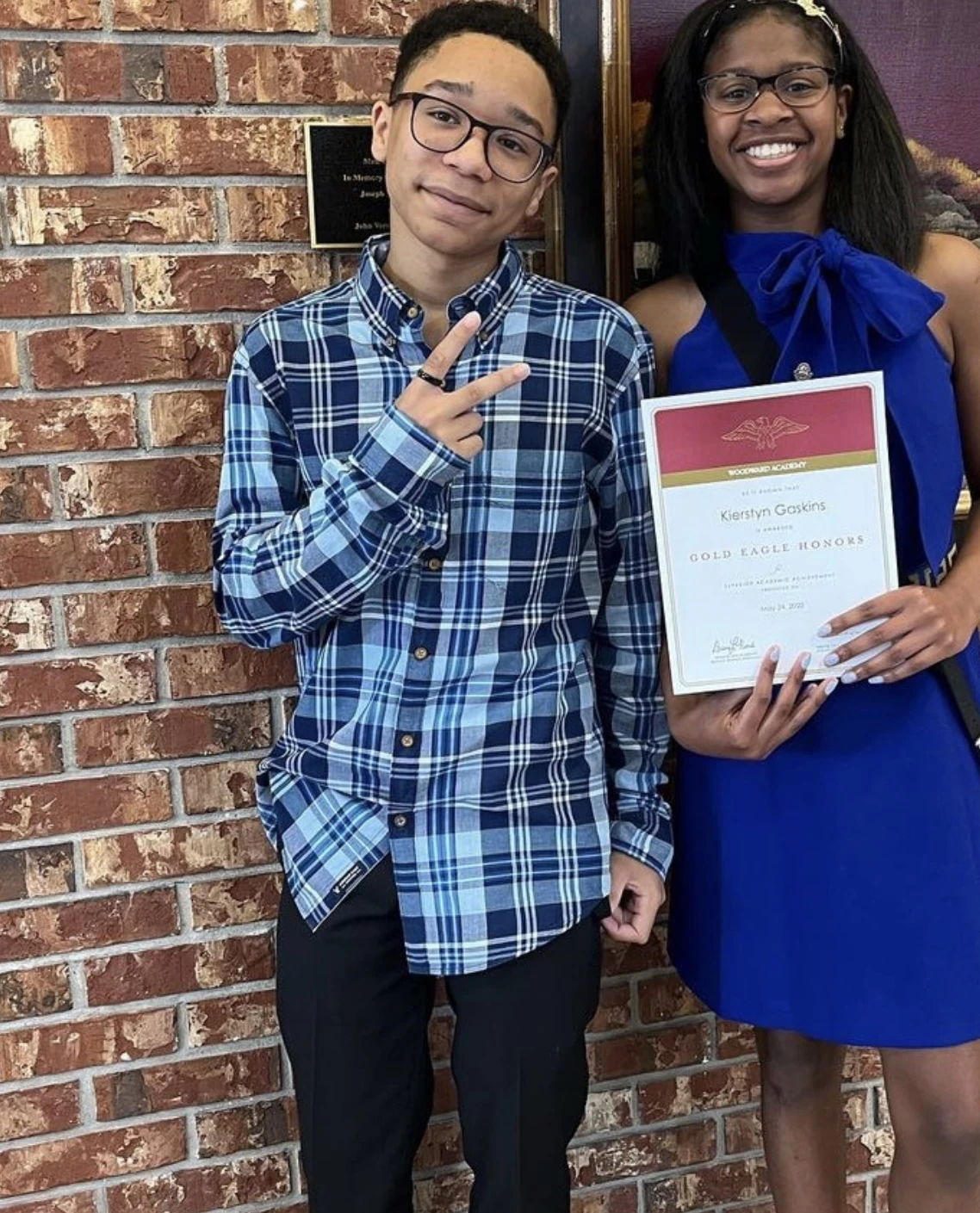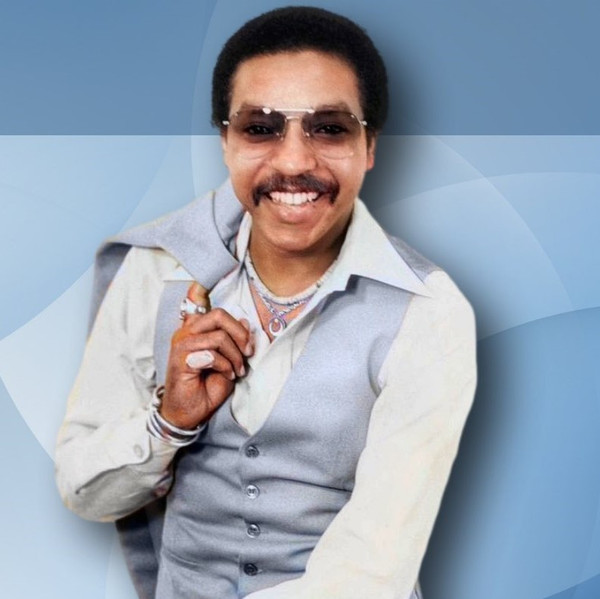Major Harris: Football Legend & Soul Singer's Life & Legacy
Who was Major Harris, and why is his legacy still resonating decades after his time in the spotlight? Major Harris was a multifaceted talent who left an indelible mark on both the worlds of college football and R&B music, achieving legendary status in his own right.
From the gridiron to the recording studio, Major Harris carved a unique path, achieving both athletic accolades and musical success. Born on February 15, 1968, in Spartanburg, South Carolina, Harris would go on to become a household name in two distinct arenas. His influence extended far beyond the playing field and the recording booth, touching the lives of fans and shaping the landscape of both sports and music.
His impact on West Virginia University's football program is still felt, and his soulful voice continues to grace playlists. His career arc is a testament to the power of dedication, talent, and the ability to connect with audiences on a deeply emotional level.
| Category | Details |
|---|---|
| Full Name | Major Harris |
| Date of Birth | February 15, 1968 |
| Place of Birth | Spartanburg, South Carolina |
| Date of Death | November 9, 2012 |
| Place of Death | Richmond, Virginia |
| Cause of Death | Heart and Lung Failure |
| Primary Profession (Football) | College Football Quarterback |
| University | West Virginia University |
| Football Career Years | 1987-1990 |
| Primary Profession (Music) | R&B Singer |
| Known For (Music) | "Love Won't Let Me Wait" |
| Groups | The Delfonics, others |
| Major Football Achievements | Led WVU to the 1988 Fiesta Bowl, 1989 All-American, Heisman Trophy Voting (3rd in 1988, 5th in 1989) |
| Draft | 12th Round, 317th overall of the 1990 NFL Draft by the Los Angeles Raiders |
| Jersey Number | (Information not provided in the source material) |
| Reference | Wikipedia |
Major Harris's arrival in Morgantown, West Virginia, marked a turning point for the Mountaineer football program. At a time when the team was struggling, coming off two seasons without a bowl game appearance, the Pittsburgh, Pennsylvania, native ignited a flame that would burn brightly. He became an integral part of a team that would reach new heights, leading them to the 1988 Fiesta Bowl. His performances during his college career were nothing short of electrifying, solidifying his status as one of college footballs most exciting performers in the late 1980s. The impact of his talent and leadership is still remembered with great affection.
Harris wasn't just a celebrated athlete; he was also a significant figure in the Morgantown community. He is as big of a name in Morgantown as there is, and he's a living legend, a moment in time, a major part of Mountaineer fans lives. His impact on and off the field cemented his place in the hearts of those who witnessed his talent firsthand. It is difficult to believe that it has been almost 30 years since Major Harris played for the Mountaineers. It's even more difficult to understand how he hasnt been more celebrated by West Virginia University.
Beyond the roar of the crowd and the thrill of the game, Harris also pursued a career in music, demonstrating a breadth of talent that few possess. His voice resonated with audiences, particularly with his hit single, Love Wont Let Me Wait.
In the realm of R&B music, Major Harris found success with a smooth, soulful voice that captured the hearts of many. After years of trying, Major Harris finally scored a big hit with the romantic and sensual "Love Won't Let Me Wait" in the summer of 1975. Written by Vinnie Barrett and Bobby Eli, the single is considered a staple of classic soul playlists. The song, with backing vocals supplied by session singer Barbara Ingram, made its mark at number five on the pop charts while topping the R&B chart. This song showcased Harris's vocal talents, establishing him as a formidable presence in the music industry.
The ballad is a testament to the enduring power of classic soul. The songs enduring popularity is a testament to Harris's vocal talent and the song's ability to connect with listeners on an emotional level. It is a song that continues to be played and enjoyed by a wide audience and solidifies his place in music history.
The time is right, you hold me tight and loves got me high, please tell me, yes (yes) and don't say no, honey not tonight, I need to have you next to me in more ways than one, and I refuse.
Harris also sang with The Delfonics and other groups, demonstrating versatility across musical collaborations.
His impact extended beyond his musical achievements and athletic prowess. He was also a part of the Nat Turner Rebellion during the late 1960s. This shows the involvement that Harris had in the society during that period.
Harris's contribution to both football and music is undeniable, and his legacy continues to inspire. From his impressive performance on the football field to the soulful melodies he created, his career is a testament to the diverse talents he possessed. The influence of his music and athletic career is still felt today.
The tragic news of his passing on November 9, 2012, in Richmond, VA, sent shockwaves of grief through both the sports and music communities. The official cause of death was heart and lung failure. His death came as a sorrowful event, and a profound loss to those who knew and loved him.
Major Harriss influence on the football field is undeniable. His college football career saw him finish third and fifth in the Heisman Trophy voting in 1988 and 1989. Harris was a 1989 All-American and finished third and fifth in the heisman trophy voting in 1988 and 1989, respectively. He led the Mountaineers to their first Fiesta Bowl appearance in 1988, marking a significant milestone in the programs history. His achievements on the field are a testament to his skill, determination, and the impact he had on the world of college football.
He was drafted in the 12th round, 317th overall, of the 1990 NFL Draft by the Los Angeles Raiders.
His time in the spotlight, both on the field and in the studio, gave fans cherished memories. Harris became one of the most memorable players in the history of college football.



Detail Author:
- Name : Hayden Mohr Jr.
- Email : ewindler@gmail.com
- Birthdate : 1988-04-17
- Address : 677 Bertram Overpass Apt. 072 Kubland, ME 45633-1347
- Phone : 929-714-6944
- Company : O'Conner, Kub and Kuhn
- Job : Statement Clerk
- Bio : Et autem blanditiis culpa iste. Consequuntur rerum sed omnis nam quibusdam laudantium minima. Impedit ut deleniti laboriosam rem totam temporibus. Delectus asperiores maiores hic modi voluptatem et.